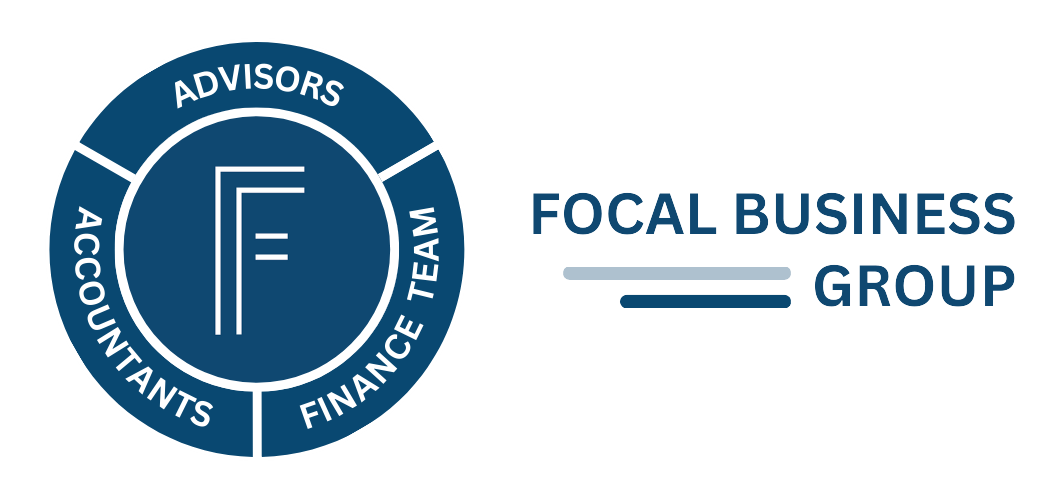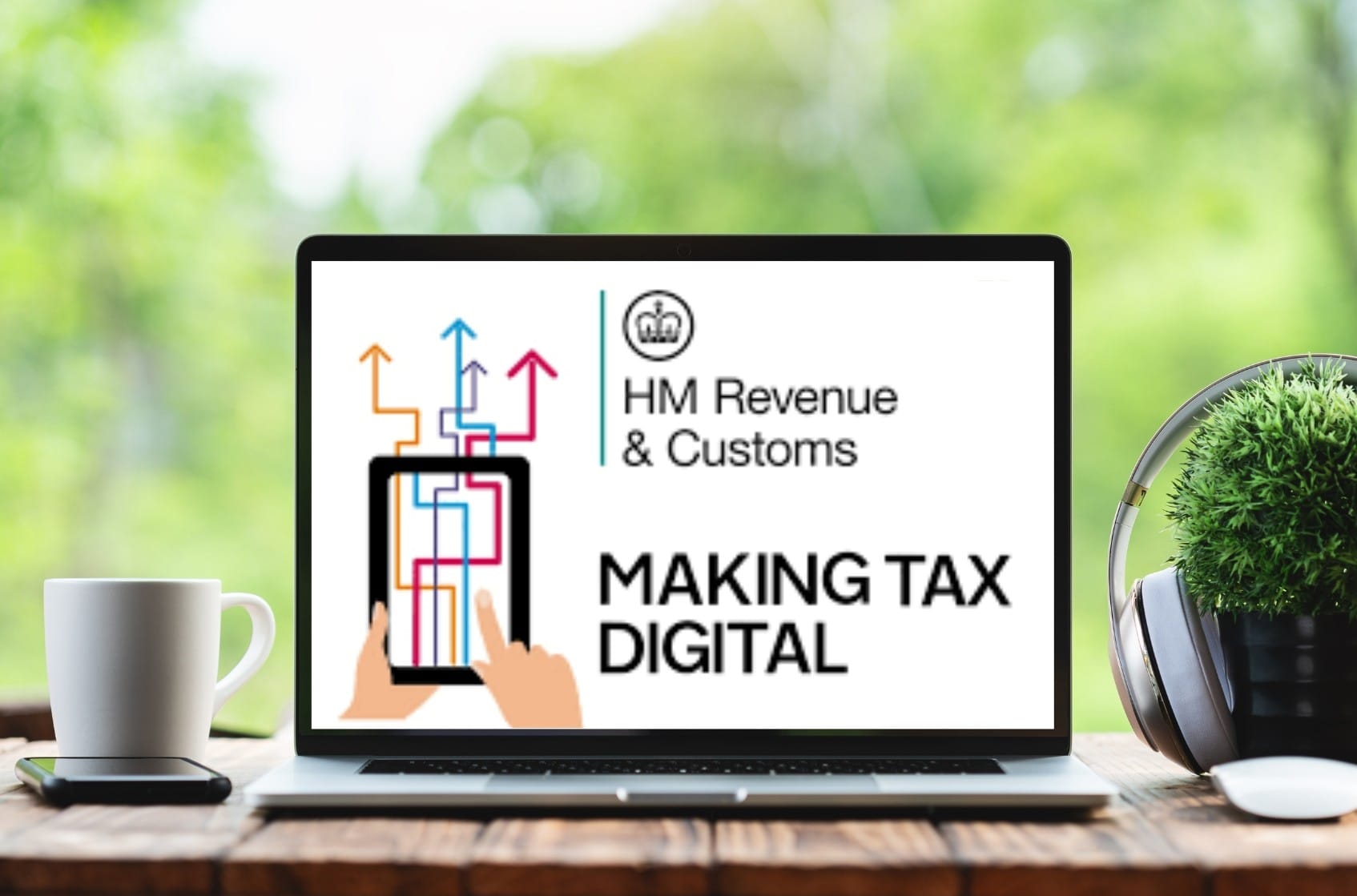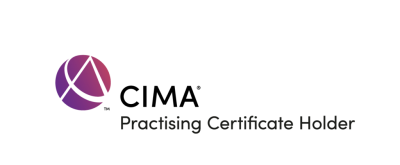After years of deferral, the long-anticipated Making Tax Digital (MTD) for Income Tax start date has finally been confirmed. This is a significant development that will impact millions of business owners and landlords, necessitating a change in the way their earnings are reported to HMRC. In the Autumn Budget 2024 the government confirmed that by the end of this parliament all self-employed individuals and landlords with incomes over £20,000 will come within the MTD regime. In comparison, no timescales have been announced as to when companies will need to comply. The intention remains to roll out MTD for corporation tax but not until after MTD for Income Tax has commenced. This begs the question: is it time to consider incorporation, even if it is just to delay joining the MTD compliance regime?
As a reminder, under the MTD system, the method of tax return submissions (termed ‘updates’) will change. Transactions will need to be recorded digitally and the details submitted using specific MTD compatible software. The annual tax return in its current form will be abolished. Instead, taxpayers mandated to the scheme will be required to submit ‘updates’ every quarter (or more frequently if the taxpayer so wishes). A ‘final declaration’ will then be required by 31 January following the year end to confirm data submitted in previous updates as well as to include claims and declaration of other taxable income (e.g. investment and employment income). Overall, this represents an increase in compliance and costs for self-assessment taxpayers.
Tax position
Until recently, incorporation was recommended for tax saving reasons. However, whatever savings there might have been have gradually diminished over the years. Calculations show that from a tax savings perspective, incorporation may no longer be beneficial regardless of the level of profit. Each business is different and, depending on the level of profit and amount of withdrawals by directors from the company, there may be a slight advantage of incorporation over self employment. Ultimately, the final decision to incorporate will likely be based more on commercial considerations, such as separation of liability and credibility, rather than purely on tax implications.
Compliance
Overall, MTD will increase the administrative workload for self-assessed taxpayers by introducing quarterly submissions. While companies currently face less frequent but often more complex reporting obligations, many find the practicalities and administration required (including setting up and running a payroll scheme, submitting monthly or quarterly employer’s NIC payments, submitting accounts and returns to both Companies House and HMRC) within strict timelines wipe out any tax savings there may be.
Penalties
Under MTD, the self-employed and landlords will face stricter penalties for late or inaccurate quarterly submissions compared with the current system. If a self-employed individual fails to keep up with quarterly reporting, they could face fines for each missed update. Furthermore, with ‘real time’ data being sent to HMRC quarterly, there is a higher chance of discrepancies being flagged earlier, leading to more frequent audits or queries.
In contrast, although companies also currently face penalties for late corporation tax returns, because returns are currently filed annually, there is less frequent risk of error compared with the intended quarterly submissions.
Increased costs?
It costs £50 to incorporate a company and £34 every year to submit a confirmation statement. Currently, self-assessment taxpayers do not incur such costs, however under MTD, they will need to use commercial software to submit their returns, which will add to the cost of compliance.
Practical point
Under the Economic Crime and Corporate Transparency Act currently going through Parliament, all small companies, including micro-entities, will be required to file their profit and loss accounts as well as the balance sheet as required now. This means that anyone will be able to view the profit (or loss) of any company – possibly one good reason against incorporation.
Partner note:
Agent Update Issue 128
Agent Toolkit – Get ready for Making Tax Digital for Income Tax
Successful businesses need more from their accountant; as business advisors, accountants and outsourced finance team specialists we provide enhanced financial management & consultancy, helping you understand and manage your numbers to drive plans and decision making.
If you would like to discuss the ways Focal Business Group can help you and your business, simply call 0800 112 0880 or email [email protected].
Read more articles from Focal Business Group.


